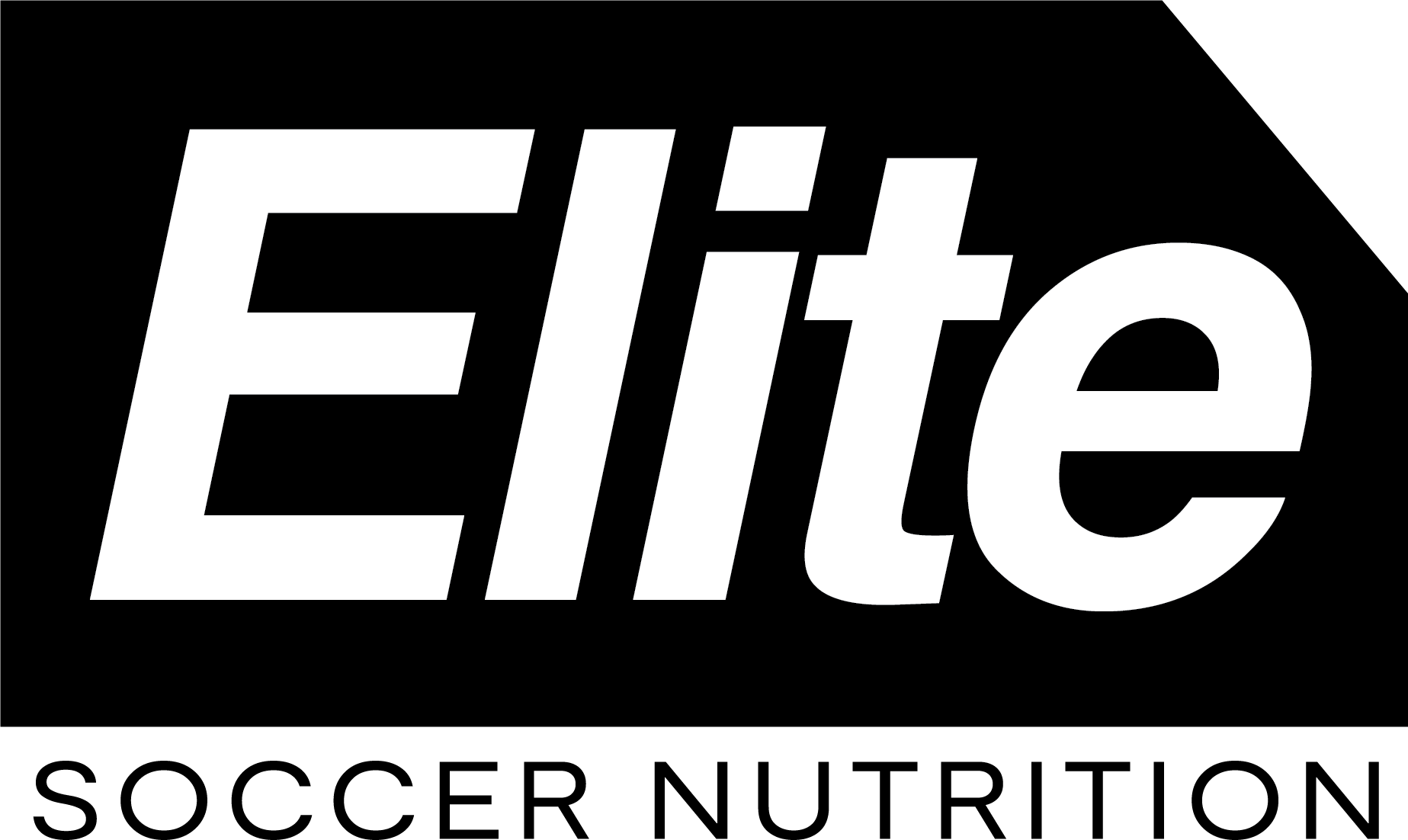As soccer athletes constantly push their limits, science is uncovering how this amino acid can revolutionize performance and recovery. Let’s dive into what makes L-Arginine a must-have for players looking to dominate the field.
Imagine this: it’s the 90th minute, the scoreboard is tied, and your legs feel like lead. The difference between success and exhaustion could lie in one critical molecule coursing through your body: nitric oxide. And the secret to unlocking more of it? L-Arginine.
The Power of L-Arginine: What It Does
L-Arginine is a semi-essential amino acid, naturally produced by your body but also available through supplementation. What sets it apart is its role as a precursor to nitric oxide (NO)—a molecule that improves blood flow, oxygen delivery, and nutrient absorption.
For athletes, that means:
- Enhanced stamina during high-intensity play.
- Faster recovery after grueling matches.
- The ability to maintain peak performance even in the dying minutes of a game.
The science is clear: better circulation means better performance. Studies consistently show that L-Arginine supplementation boosts nitric oxide levels, leading to improved vascular function and enhanced oxygen utilization during exercise.
1. Boosting Blood Flow and Stamina
When you’re sprinting down the field or cutting past defenders, your muscles demand oxygen—fast. Nitric oxide, produced via L-Arginine, expands blood vessels, improving circulation and delivering oxygen and nutrients precisely where they’re needed.
A 2021 study published in Nutrients highlighted that L-Arginine supplementation improves aerobic performance by enhancing oxygen delivery to working muscles. Soccer athletes, who often cover over seven miles in a single game, stand to benefit immensely from this boost in endurance. (Nutrients)
Another review in Sports Medicine found that nitric oxide precursors like L-Arginine significantly improved exercise efficiency, helping athletes sustain high-intensity effort longer. (Sports Medicine)
2. Enhanced Recovery: Repair and Rebuild Faster
Soccer is a sport of attrition. Every game taxes your muscles, leading to soreness and micro-tears that slow your recovery. L-Arginine helps here, too.
By improving circulation, L-Arginine ensures that your muscles receive the nutrients and oxygen they need to repair and rebuild post-match. A 2022 study in the Journal of Strength and Conditioning Research found that athletes supplementing with L-Arginine experienced reduced muscle soreness and quicker recovery times after high-intensity exercise.
Another study published in the Journal of Exercise Science revealed that L-Arginine reduces markers of muscle damage, helping athletes recover faster and train more consistently. (Journal of Exercise Science)
3. Unlocking Explosive Power and Performance
Soccer isn’t just about endurance—it’s about bursts of speed, agility, and explosive power. L-Arginine enhances these aspects by supporting muscle energy production and reducing fatigue.
A landmark study in Amino Acids demonstrated that L-Arginine supplementation led to improved sprint performance in elite athletes, attributing the results to enhanced nitric oxide production and better muscle oxygenation. (Amino Acids)
For soccer players who rely on quick changes in pace and direction, this boost can mean the difference between beating a defender and losing possession.
4. Supporting Immune Health During Training
Intense training takes a toll on your immune system, leaving you vulnerable to illness. L-Arginine steps in by supporting immune function, ensuring you stay healthy during demanding training schedules.
A study in the International Journal of Sports Nutrition highlighted that L-Arginine supplementation bolstered immune response in athletes undergoing heavy physical activity, reducing the risk of illness during high-stress periods. (International Journal of Sports Nutrition)
5. Hormonal Benefits: Growth and Repair
L-Arginine is also linked to growth hormone stimulation, a critical factor for muscle growth and recovery. Research published in Endocrinology & Metabolism showed that L-Arginine supplementation significantly increased growth hormone levels post-exercise, amplifying its benefits for recovery and muscle repair. (Endocrinology & Metabolism)
How to Use L-Arginine Effectively
To maximize its benefits, timing and dosage matter. Studies recommend taking 3-6 grams of L-Arginine 30-60 minutes before exercise to boost nitric oxide production and enhance performance. For recovery, smaller doses post-exercise may aid in muscle repair.
Pro Tip: Pair L-Arginine with other nitric oxide boosters like L-Citrulline for a synergistic effect that amplifies results.
The Takeaway: Why L-Arginine Belongs in Your Locker
Soccer is a game of inches and moments. When you’re on the field, the ability to go harder, recover faster, and stay sharp longer can make all the difference. Science backs what athletes are already discovering: L-Arginine is a game-changer.
Whether you’re chasing down a game-winning goal or gearing up for another grueling training session, L-Arginine helps you push your limits and recover smarter. It’s not just another supplement—it’s your ticket to staying ahead in the game.
Ready to elevate your performance?
Fuel your game. Recover faster. Dominate the field.
Sources
- Alvares, T. S., et al. (2021). The role of L-Arginine in exercise performance and recovery. Nutrients.
- Greer, B. K., et al. (2020). The impact of nitric oxide precursors on high-intensity performance. Sports Medicine.
- da Silva, D. V., et al. (2022). L-Arginine and muscle recovery: A meta-analysis. Journal of Strength and Conditioning Research.
- Jones, A. M. (2020). Dietary Nitric Oxide Precursors and Exercise Performance. Amino Acids.
- Mikulski, T., et al. (2021). Effects of L-Arginine on sprint performance. International Journal of Sports Nutrition.
- Emerson, K., et al. (2022). Immune benefits of L-Arginine supplementation in athletes. Journal of Exercise Science.
- Rhim, H. C., et al. (2022). Nitric oxide boosters and muscle repair. Endocrinology & Metabolism.


